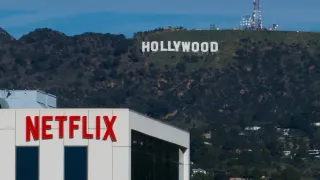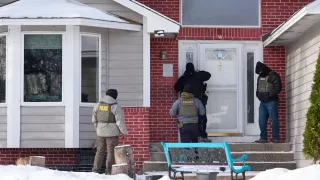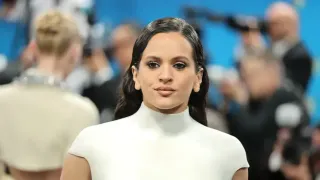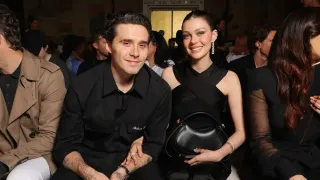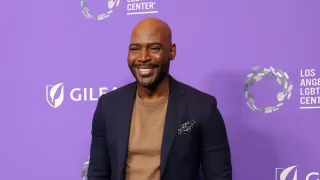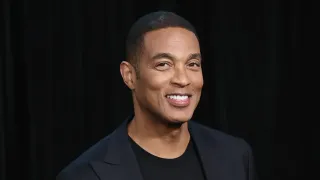November 30, 2020
Study: Half of LGBTQ Americans are Religious
Kilian Melloy READ TIME: 2 MIN.
A new study looking at faith across America's demographics has uncovered the finding that half of the LGBTQ community are religious, reports NBC News.
The study, "Religiosity Among LGBT Adults in the U.S.," was undertaken by the UCLA School of Law's Williams Institute, which surveyed about 16,000 people from a diverse range of ages, ethnicities, and socio-economic statuses, among other factors. The study estimates that "5.3 million LGBT adults are religious," constituting 47 percent of the country's LGBTQ adult population.
That proportion held true "across the age spectrum, in every racial-ethnic group, among married and single people, among those who are parenting, and among rural and urban dwellers," NBC News said.
Moreover, the report noted, "one in seven highly religious LGBT adults is married to a same-sex partner," and added that "Many religious adults are parents" - about half - and "many currently have a child under the age of 18".
Perhaps unsurprisingly, that rate of religiosity among LGBTQ Americans is still below the national average as a whole. Overall, somewhat more than two-thirds of Americans are religious, NBC News noted. But that may be changing, given that younger Americans - in the 18-26-year-old range - are much less religious than older Americans.
Other factors also came into play, researchers found, with "Those who were older, Black or lived in the South" proving to be "the most likely to be religious," NBC News summarized.
The higher prevalence of religion among older LGBTQ Americans spoke volumes about their faith. Lead author Kerith J. Conron told NBC, "Their faith must have been pretty strong when they were younger and coming out and there were even fewer accepting places."
"It persisted despite discrimination and rejection," Conron added. But, he cautioned, younger Americans were far less likely to accept faith traditions that are not open and affirming.
"People are consciously deciding to step away from the religion of their youth because it doesn't embrace their values," including welcoming LGBTQ people into their ranks, she said, and that wasn't just true within the LGBTQ community: "Even straight Americans have cited their church's treatment of the gay community as part of the reason they've left," NBC noted.
If faith traditions begin to accept LGBTQ people, that trend might reverse itself, at least to some degree, the NBC News story suggested. Rabbi Sharon Kleinbaum of the LGBTQ synagogue Congregation Beit Simchat Torah cited the coming out process itself as a crucial stage in the faith lives of LGBTQ people.
"Anyone who goes through the process of discovering a deeper truth about themselves, especially if it's at odds with the larger world, understands a sense of revelation, of deeper truth," Rabbi Kleinbaum said. "It's our going to Mount Sinai."
New Ways Ministries CEO Francis DeBernardo also spoke to the capacity for faith within the community, saying, "LGBTQ people have many spiritual gifts which can renew religious institutions, if these groups would just perform the simple and holy acts of welcoming and listening."
DeBernardo added that "tension between LGBTQ people and institutional religious groups" arises "not been because LGBTQ people are not religious, but because faith groups have vilified them and excluded them."
